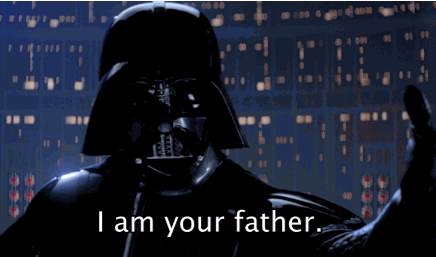The benefits of reading for pleasure
Plus, an easy way to boost your mood
“We neglect to consider how helpful and useful the honest information could be.”
– psychologist Taya Cohen.
BRAIN WAVES
If you give a mouse a novel… Most of us spend at least some time reading every day, whether it’s a textbook or a work email. But there’s a difference between the reading that’s required in our jobs or classrooms and reading just for fun. A recent study of more than 10,000 kids in the US found there are big benefits to reading for pleasure. Some of the findings were to be expected – early readers performed better on cognitive tests “that measured such factors as verbal learning, memory and speech development, and at school academic achievement,” ScienceDaily reported. But the study also found that kids who read for pleasure early on in their childhood also had better mental health outcomes years later as adolescents. “Reading isn’t just a pleasurable experience – it’s widely accepted that it inspires thinking and creativity, increases empathy and reduces stress,” said Professor Barbara Sahakian, one of the study authors. Of course, adults benefit from pleasurable reading, too. Some research suggests it can help boost memory, for instance. But you don’t have to take our word for it.
I’d like to phone a friend. Even if we intuitively know talking to friends makes us happier, we might underestimate just how much a quick chat can improve our well-being. A fascinating study found that just one conversation with a friend a day can lower stress levels and increase happiness. Researchers studied the conversations of 900 study participants, measuring seven types of communication behaviors: meaningful talk, listening, offering compliments, catching up, showing care, valuing opinions and joking around. That night, subjects reported back about their feelings of stress, well-being, connection and loneliness. The more quality conversations people had, the better they felt. And it was less about the communication behaviors (meaningful conversations versus joke-y ones, for instance) and more about the act of reaching out to someone that made the difference. “One of the take-home messages of this study is that there are many paths toward the same goal,” said lead author Jeffrey Hall.
Give it up. American culture celebrates those who persevere in the face of adversity. So how do we know when to walk away from something that’s not working? Listen to learn more.
ON THE HIDDEN BRAIN PODCAST
The Truth About Honesty: Think about how often you hold back honest opinions of someone else because you don’t want to hurt their feelings. But there are times when this well-intended restraint can be a mistake. This week, in the second part of our series on failure and feedback, psychologist Taya Cohen helps us understand when — and how — to be honest.
ON THE MY UNSUNG HERO PODCAST
Leidy Klotz’s Story: They met as rivals on the soccer field. Then they became teammates.
Don’t forget to send us the story of your unsung hero! Record a voice memo on your phone and email it to myunsunghero@hiddenbrain.org.
FROM OUR LISTENERS
MIND GAMES
What can travel around the world while staying in a corner?
LAST WEEK’S PUZZLE
I am your mother's brother's only brother-in-law. Who am I?
The answer:
A MOMENT OF JOY
There’s always time for hopscotch.
Have an idea for Hidden Brain? A story you want to share with us? Send an email to ideas@hiddenbrain.org. Listen to us on Spotify, Apple, Amazon Music or your favorite podcast platform.




